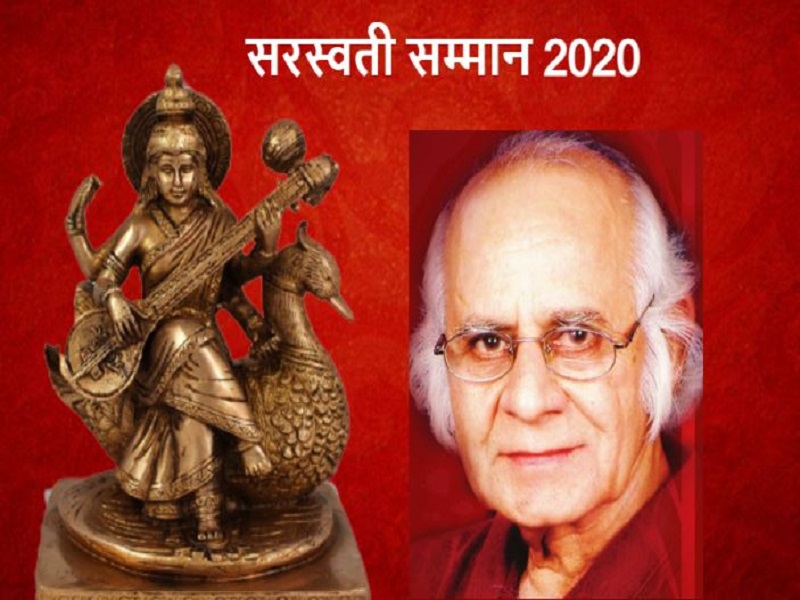Dr Sharan Kumar Limbale, 64, former head of Nashik's Yashwantrao Chavan Open University and author of 40 books to his credit, has bagged the Saraswati Samman, the country's highest literary award, for the year 2020 for his Marathi novel 'Sanaatan' published in 2018. He is the first Dalit writer to get the award.
The award, instituted since 1991 by the K K Birla Foundation, gets the winner Rs 15 lakh plus and a citation for any literary work published in any Indian language in the past 10 years. Two other awards set up by the foundation are Vyas Samman for Hindi writers and Bihari Samman for the writers of Rajasthan, the birthplace of Birla, a former MP and former head of the Hindustan Times group of publications.
Dr Limbale's Marathi novel is a historical book, throwing light on the social developments during the era of Sanatan, Mughal and British rulers and how the Dalits and Tribals were oppressed. The Britishers recruited them in their army to fight against the local rulers.
The novel paints the picture of how the Britishers exploited Dalits and Tribals, sending them to the contingents ruled by them and forced hard labour on them in laying the railway lines and work in the tea gardens and sugarcane farms. Dr Limbale regrets that the role played by Dalits and Adivasis in India's freedom struggle is ignored and as such he has used the novel form to present the ignored history.
Born in Solapur district of Maharashtra, Limbale did his MA in Marathi from Kolhapur's Shivaji University and obtained the PhD from there for his comparative study on Marathi Dalit literature and American Blacks literature. He had joined the Nashik university as an assistant editor in its publication department and rose there as the professor and the director. He was honoured with a national award for his biography 'Akkarmashi.'
Dr Limbale's Marathi novel is a historical book, throwing light on the social developments during the era of Sanatan, Mughal and British rulers and how the Dalits and Tribals were oppressed. The Britishers recruited them in their army to fight against the local rulers.
The novel paints the picture of how the Britishers exploited Dalits and Tribals, sending them to the contingents ruled by them and forced hard labour on them in laying the railway lines and work in the tea gardens and sugarcane farms. Dr Limbale regrets that the role played by Dalits and Adivasis in India's freedom struggle is ignored and as such he has used the novel form to present the ignored history.
Born in Solapur district of Maharashtra, Limbale did his MA in Marathi from Kolhapur's Shivaji University and obtained the PhD from there for his comparative study on Marathi Dalit literature and American Blacks literature. He had joined the Nashik university as an assistant editor in its publication department and rose there as the professor and the director. He was honoured with a national award for his biography 'Akkarmashi.'



